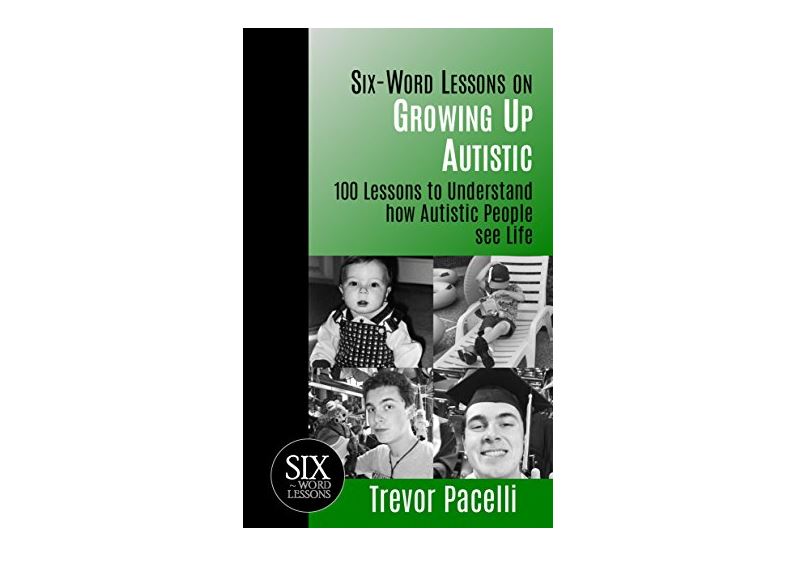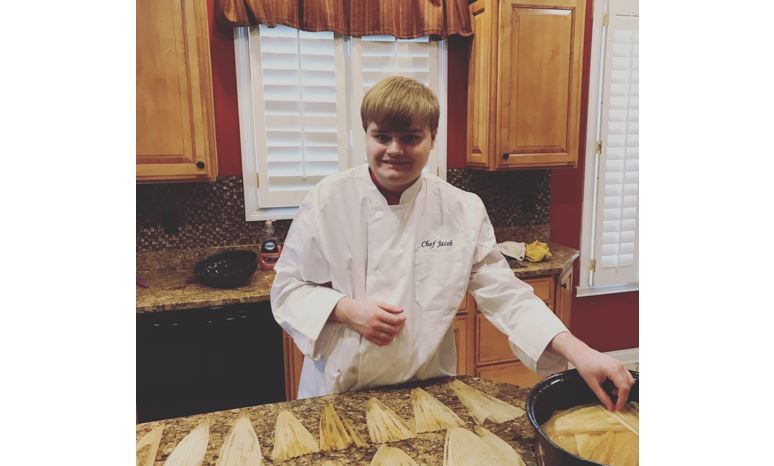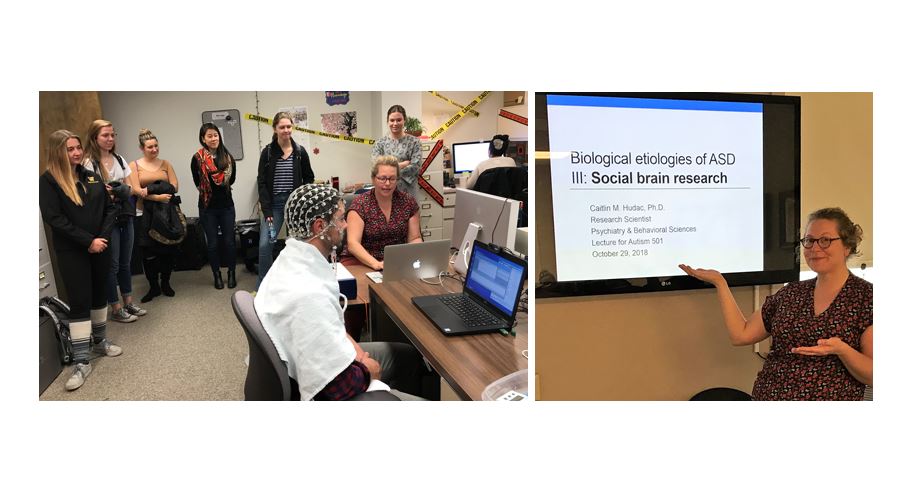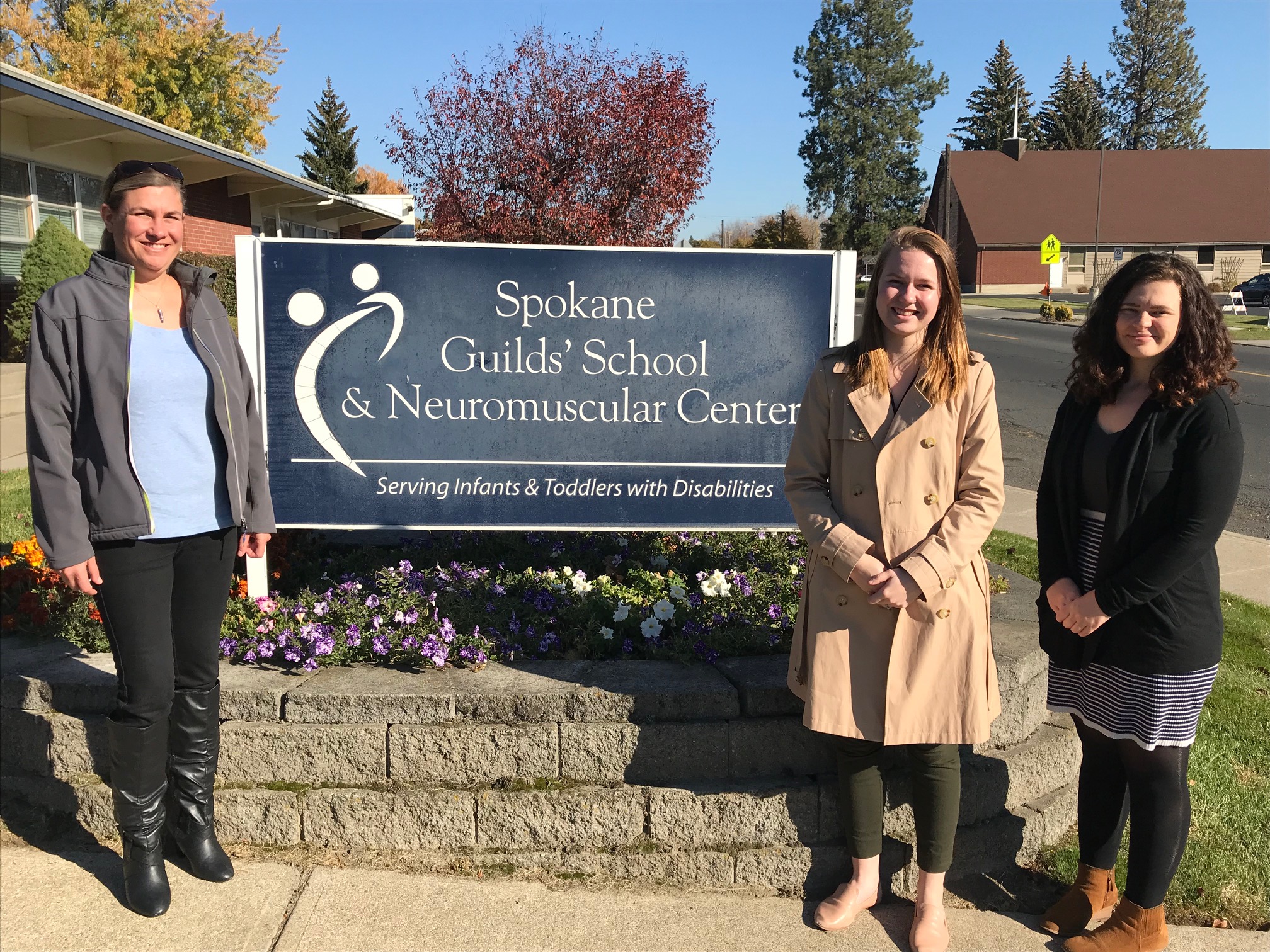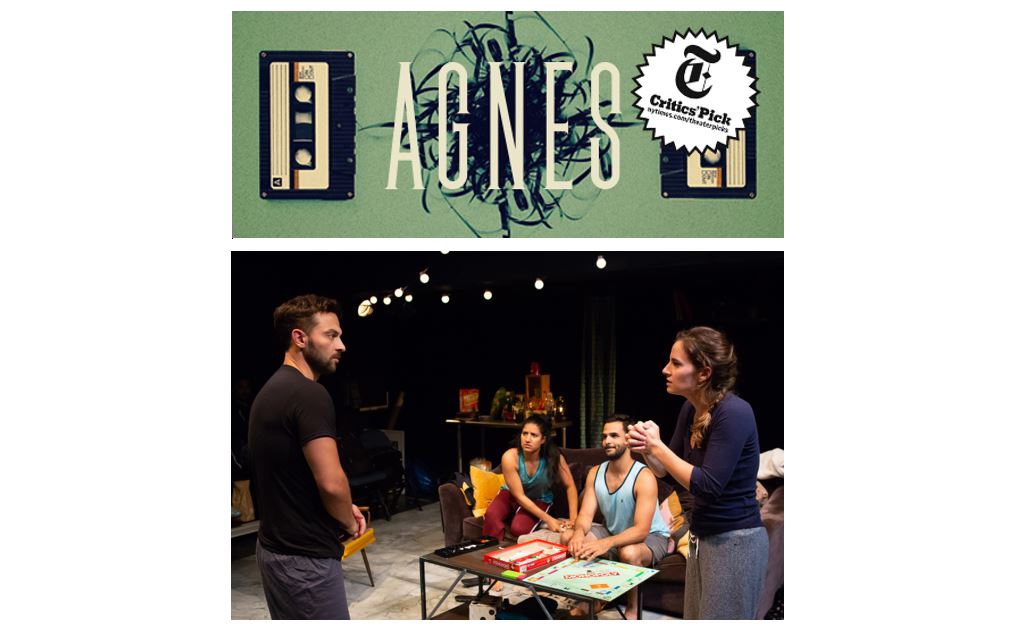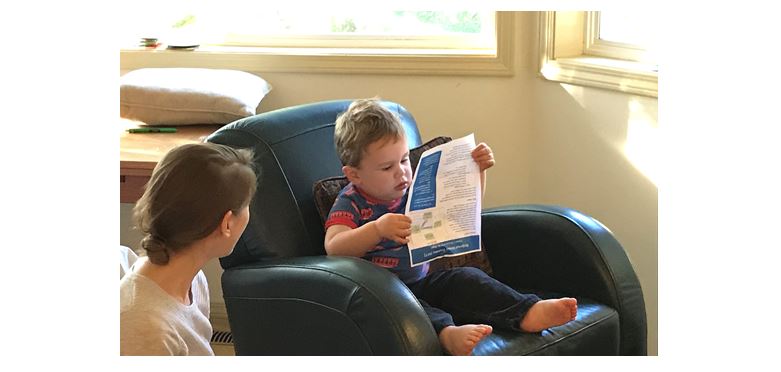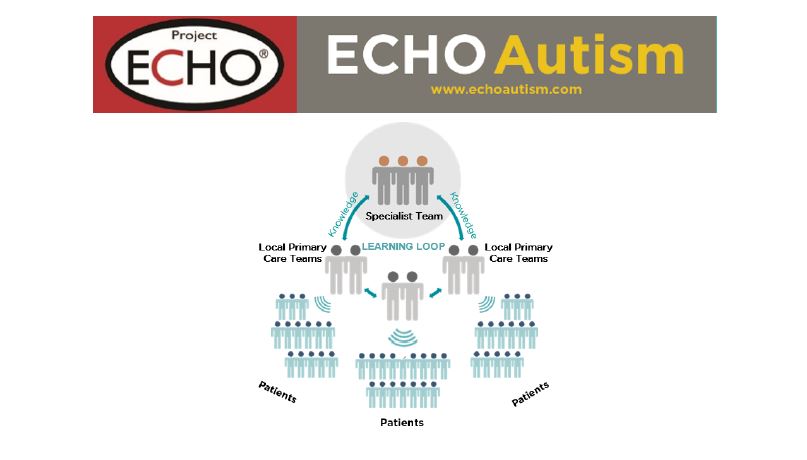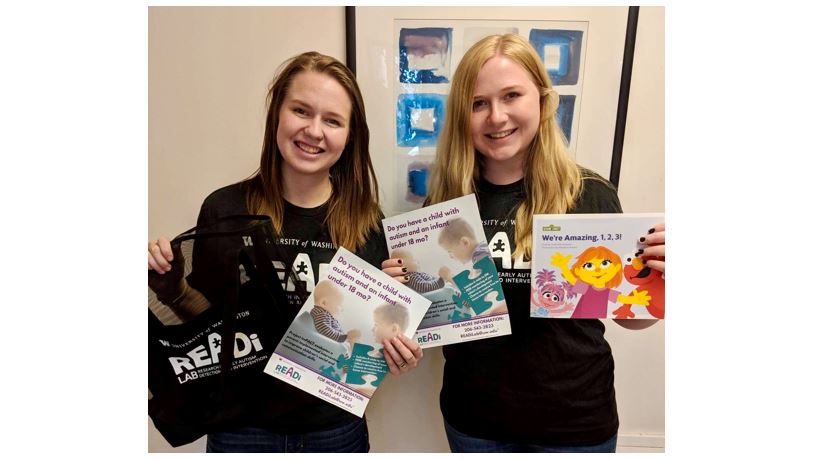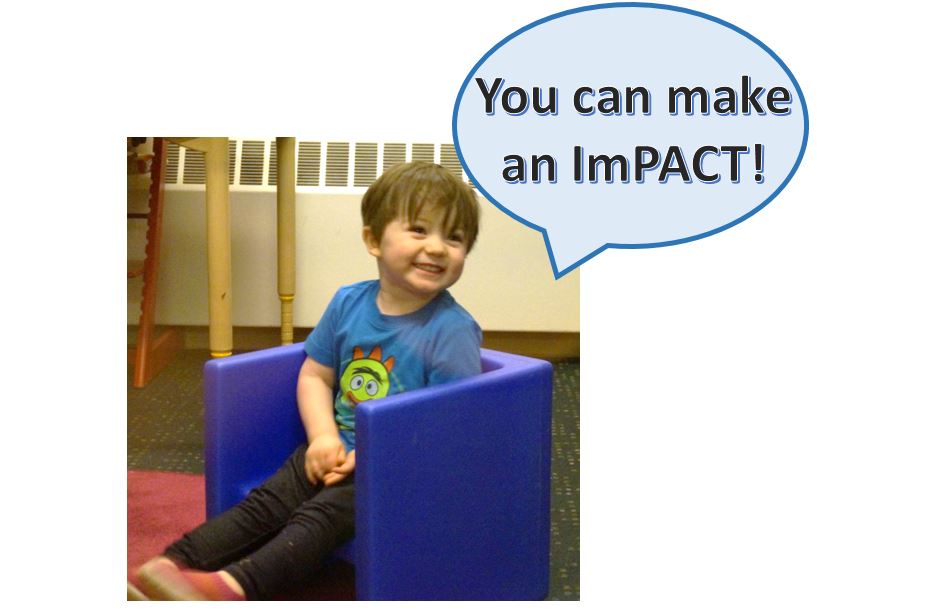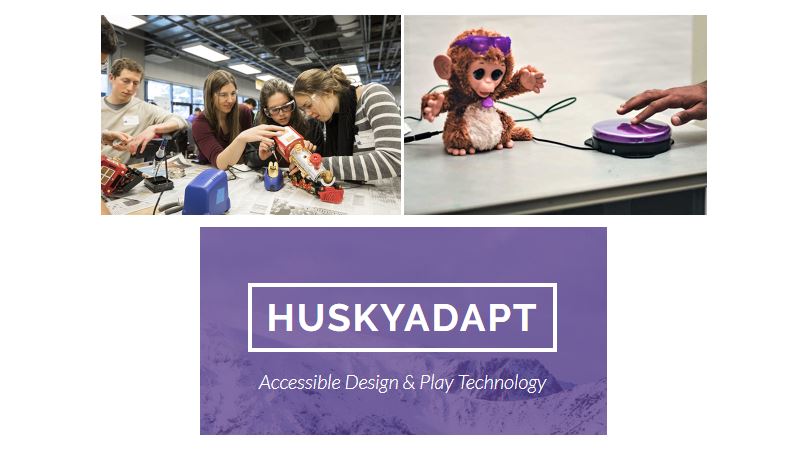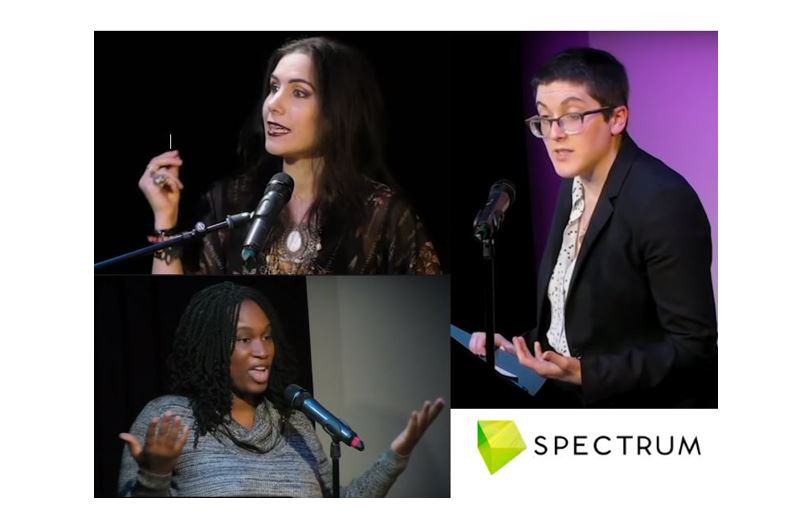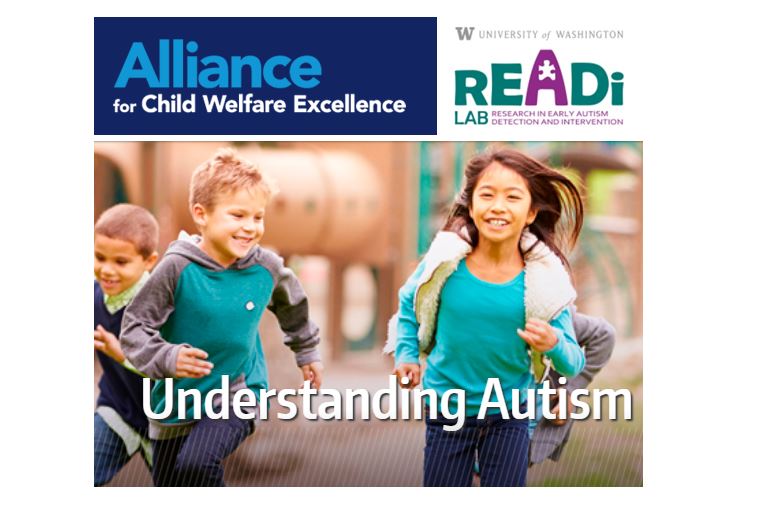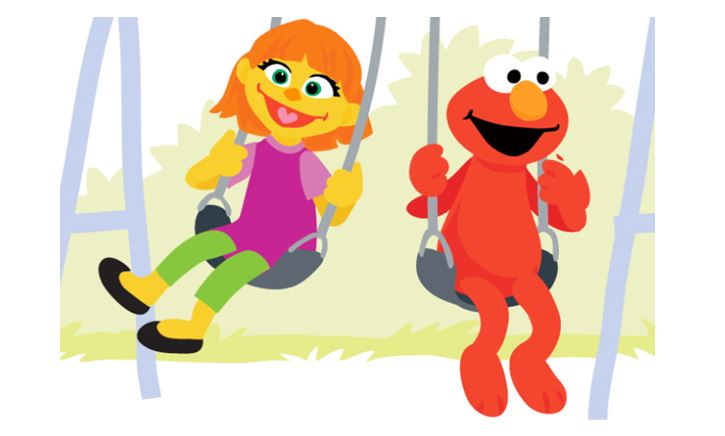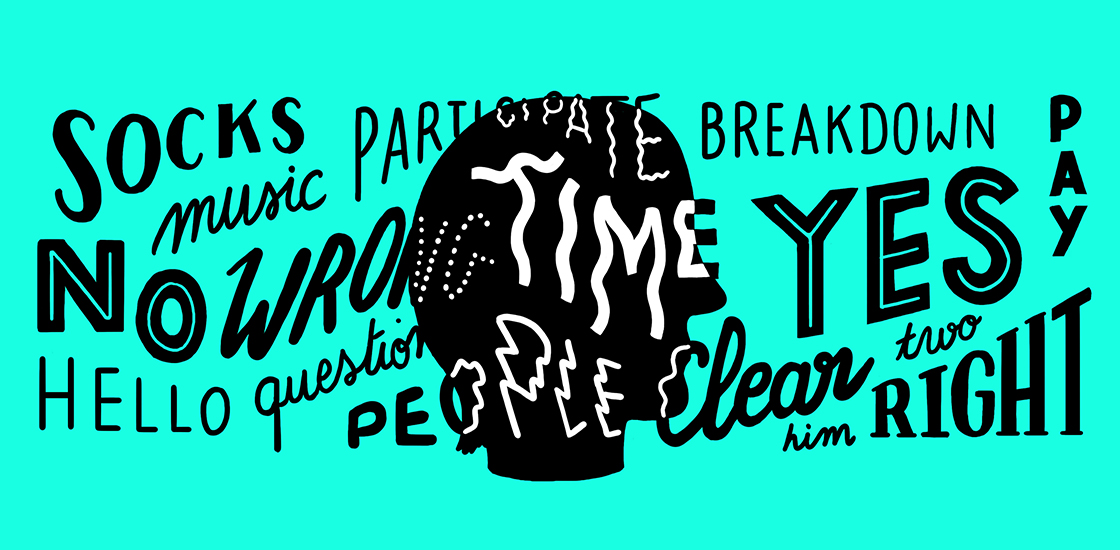
Last week Wendy traveled to British Columbia, Canada, to learn about barriers to autism services for First Nations and to provide STAT training for early childhood providers in the Squamish and Nlaka’pamux Nations. This project was spearheaded by Grace Iarocci, professor at Simon Fraser University, Romona Baxter, executive director of Nzen’man Child and Family Development Centre and Rona Sterling-Collins, Consultant, who obtained provincial and federal government grants to conduct this work. Wendy was joined by Courtney Burnette, PhD, a STAT Trainer and Associate Professor at the University of New Mexico. They met remarkable family members and service providers, and saw amazing landscapes as they traveled the province from West Vancouver, to Merritt, to Lytton. We extend our special thanks to the staff in the Ayas Men Men Child and Family Services Centre in West Vancouver and the Nzen’man Child and Family Development Centre in Lytton for hosting the STAT training workshops. It was a true honor and humbling experience to be welcomed so warmly by those with whom we share this earth.
